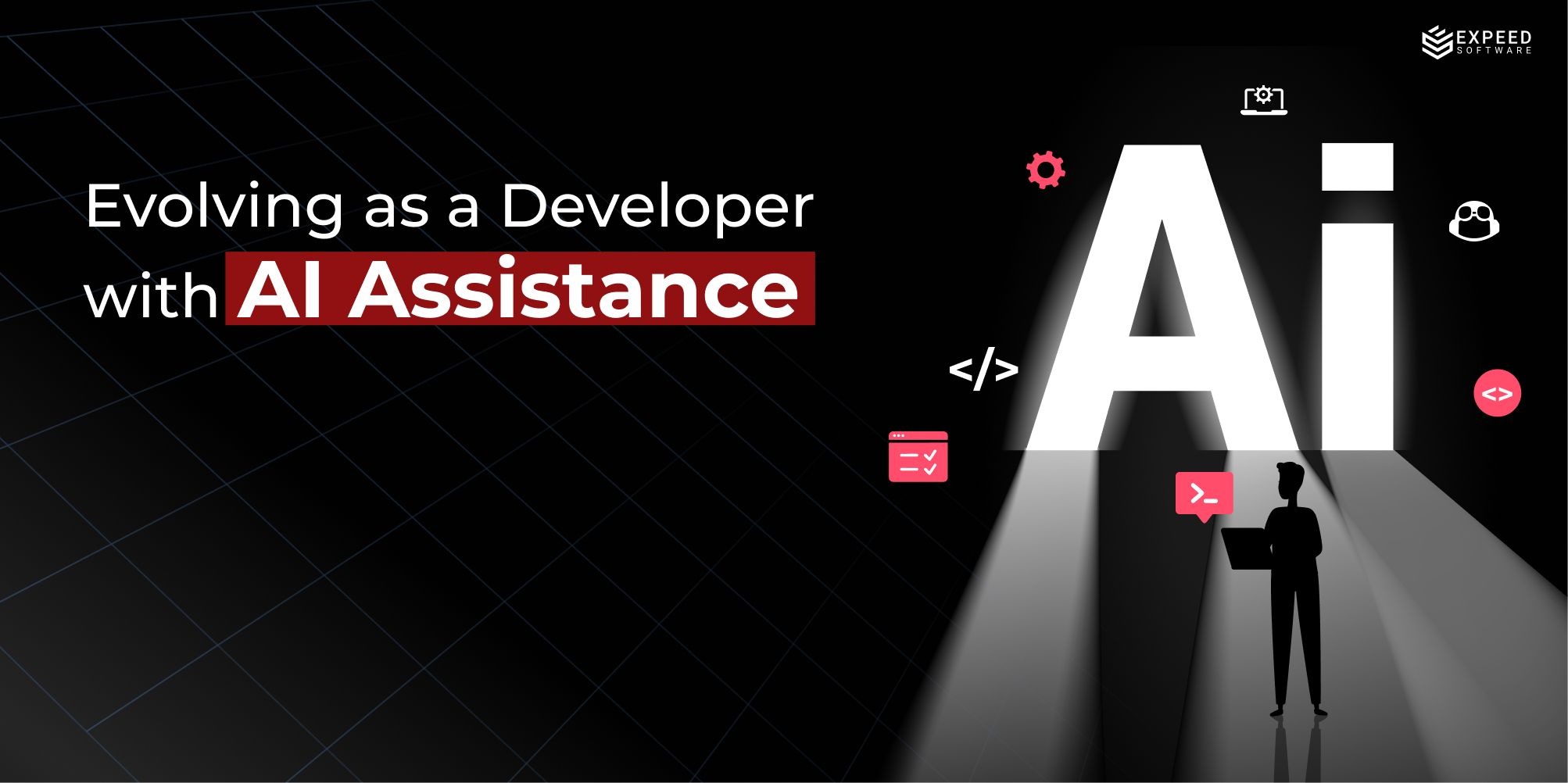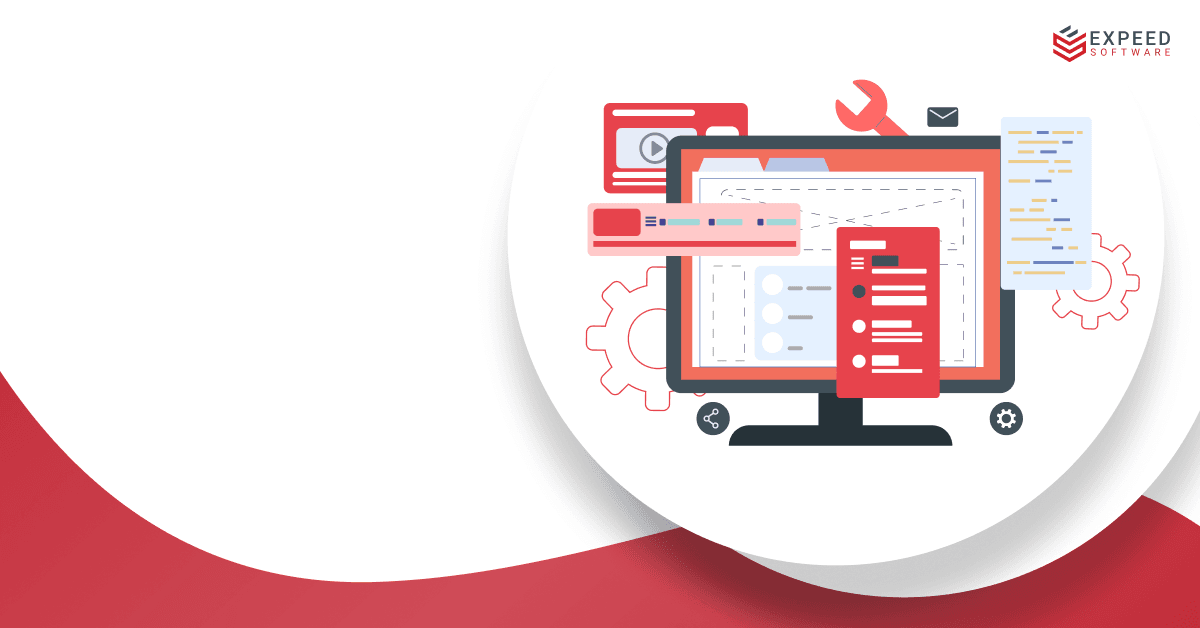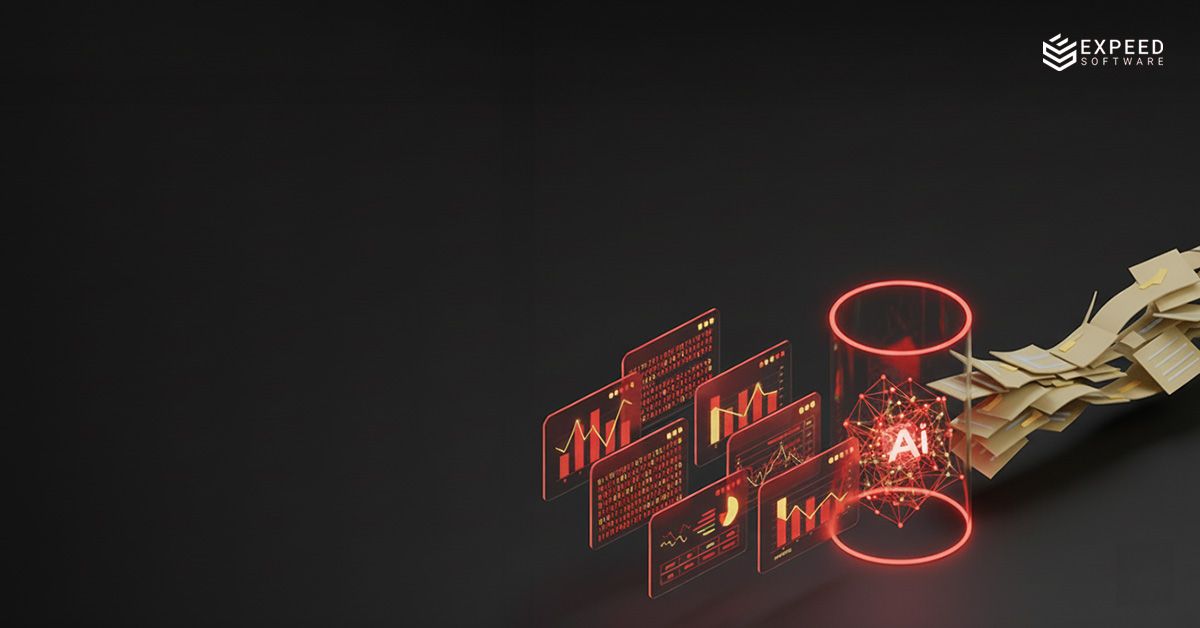Ready to jump ship from the tired tradeoffs of your legacy database? Database modernization using distributed SQL databases is the answer.
Distributed SQL databases enable you to recoup wasted time, decrease risks, and reduce unexpected costs associated with data engineering without compromising system security or reliability. With database modernization, organizations can benefit from advanced ACID transaction capabilities, massive scalability, and smart query optimization to strengthen their data-driven applications.
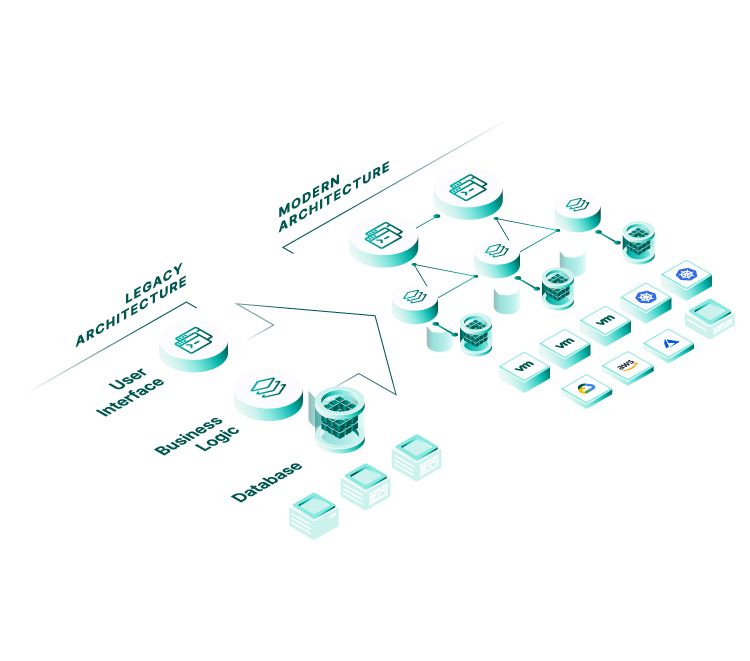
(Image source: yugabyte.com)
What is a Distributed SQL Database?
A Distributed SQL Database is a single relational database that replicates data across multiple servers. It combines the core features of traditional SQL and NoSQL systems to provide a single logical database that is resilient and scalable.
This type of database system helps to ensure data consistency, availability, and performance by distributing the data across different physical locations on the same or disparate networks.
Distributed SQL databases are strongly consistent, meaning that all nodes in the cluster will have the same view of the data at any given time. They also provide the full functionality of a relational database, allowing for complex queries and transactions. Additionally, they can handle enormous amounts of data with high throughput and low latency.
Types of Distributed SQL Databases
There are two common types of distributed SQL databases: YugabyteDB and CockroachDB.
YugabyteDB
YugabyteDB is an open-source, cloud-native distributed SQL database designed to be highly scalable and resilient. It provides a unified platform for both transactional and analytical workloads, allowing users to scale their applications as needed easily. It also offers advanced features such as multi-region replication, automatic sharding, and fault tolerance.
CockroachDB
CockroachDB is another popular distributed SQL database. It is designed to be resilient, with automatic replication and fault tolerance built in from the ground up. It also offers strong consistency guarantees, allowing users to ensure their data remains consistent even when running across multiple nodes in separate locations. In addition, CockroachDB allows users to scale their applications quickly and easily by adding more nodes or clusters as needed.
How Distributed SQL Databases Solve Modernization Challenges
Distributed SQL databases are well-suited to address the data modernization challenges of scalability and compliance. By providing a single logical database deployed across multiple physical nodes in one or more data centers, distributed SQL databases offer increased resilience to unexpected events and ensure data consistency across the entire system.
In terms of scalability, these databases are designed to handle copious amounts of data with high throughput and low latency. They allow for automatic shading and easy scaling by adding more nodes or clusters as needed. This ensures that applications can be scaled quickly and easily when required.
Compliance is also addressed by distributed SQL databases, as they provide strong consistency guarantees which enable users to maintain the accuracy of their data even when running across multiple nodes in distinct locations. Also, they give users full control over their own data, ensuring they stay compliant with relevant laws and regulations such as GDPR and HIPAA.
For more information on how Expeed Software can help you modernize your legacy systems with distributed SQL databases, contact us today.
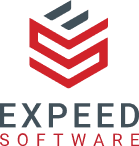
Expeed Software is a global software company specializing in application development, data analytics, digital transformation services, and user experience solutions. As an organization, we have worked with some of the largest companies in the world, helping them build custom software products, automate processes, drive digital transformation, and become more data-driven enterprises. Our focus is on delivering products and solutions that enhance efficiency, reduce costs, and offer scalability.
